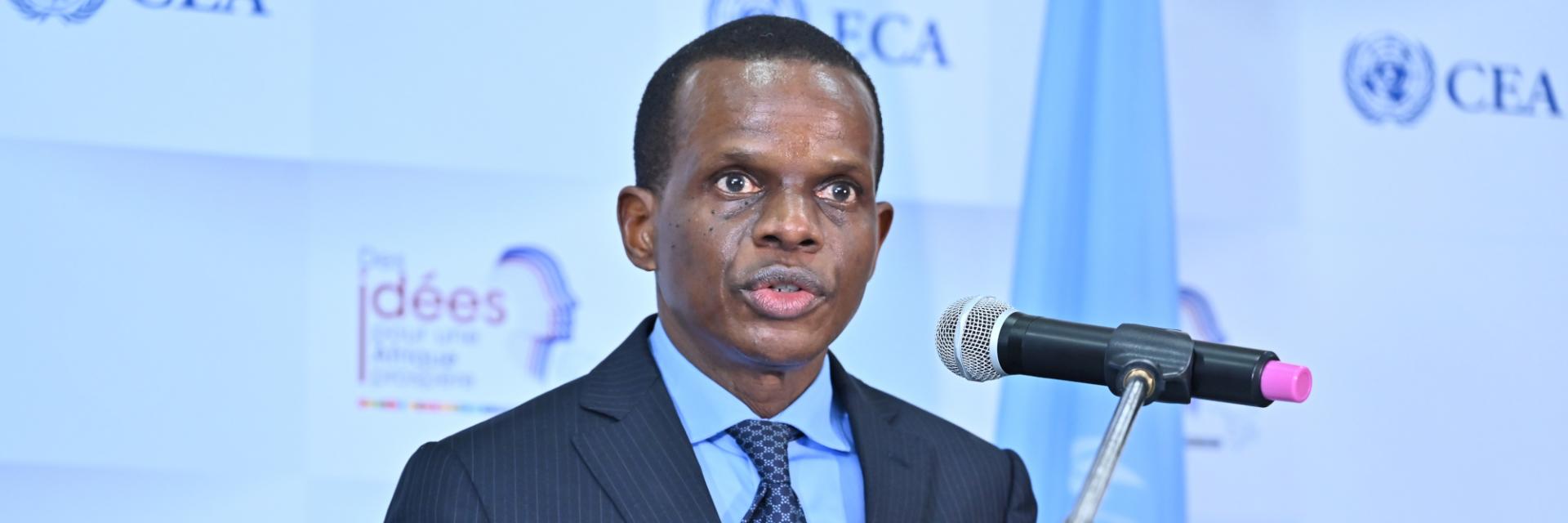Mr. Antonio Pedro, the Executive Secretary of the Economic Commission for Africa (ECA), has urged United Nations (UN) agencies to cooperate and coordinate their work to help member countries achieve sustainable development.
Pedro made the call while addressing a UN Country Team (UNCT) retreat in Maputo, Mozambique.
He noted that African countries need to collaborate more effectively to deploy their national competencies to attract investment and boost trade among themselves.
“It is not really because of a lack of strategies, visions or plans that Africa is not moving; it is because we do not connect the dots.
” I urge the UN agencies to take time to understand complementarity between their specific areas of specialisation and competence,” he said.
The executive secretary underlined ECA’s commitment to delivering strategic actions supporting member states under the “One Framework, Two Agendas”, reflecting the important 2030 Agenda and Agenda 2063.
Pedro then called on UN agencies to pioneer horizontal and vertical integration approaches.
The ECA boss said this would address the intertwined economic, social, political, and environmental crises which prevented the achievement of the ‘Africa We Want’.
“The cooperation framework is central to UN agencies working together in a coordinated and coherent fashion to support member States’ development aspirations.
“All agencies must use their comparative advantage to achieve this ambition.
“The recent Conference of Ministers (CoM) held in Ethiopia emphasised the need for forming peer learning groups to tap innovation and successful policy interventions on the continent,” He said.
Pedro said the peer learning groups would capitalise on existing initiatives to accelerate the implementation of the African Continental Free Trade Area (AfCTA), focusing on developing regional value chains.
He cited the initiative to develop the Battery Electric Vehicle chain in the Democratic Republic of Congo and Zambia.
He said the two countries produced over 70per cent of the world’s cobalt and 10per cent of global copper, respectively.
“Putting them in a unique position of being regional and global manufacturers and suppliers of the battery precursors and benefitting from the ‘green mineral boom’.
“The Battery Electric Vehicle value chain, estimated to reach 8.8 trillion dollars by 2025, will boost intra-Africa trade and better position countries like Mozambique to benefit from the regional value chain,” he said.
Pedro said that the legal and regulatory frameworks on the continent were not conducive for trade.
He further said they should consistently align with Africa’s development imperatives to make the AfCFTA work.
“Africa should collectively formulate economic pathways by harnessing national competencies in boosting trade and achieving sustainable development,” the ECA boss said








